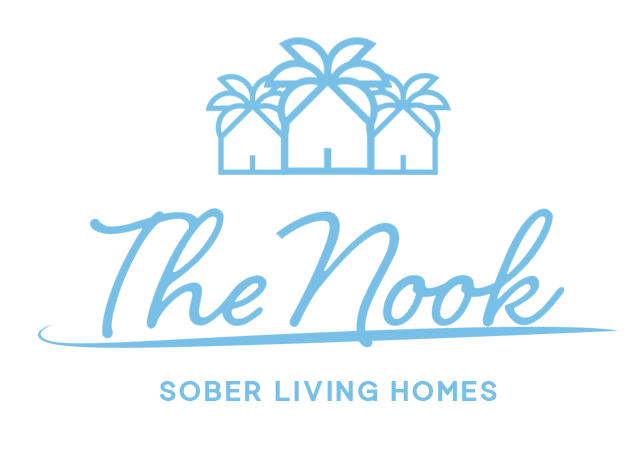Watching a loved one struggle with addiction is heartbreaking. If you have tried to help a loved one get the help they need, you feel hopeless as they refuse the offer of treatment. You may have tried everything in your power, but they continue to slide deeper into addiction. You know it is only a matter of time before they lose their battle with addiction. While you may feel that all hope is lost, an intervention for drug addiction can provide the motivation your loved one needs to get professional help.
If you are unfamiliar with this powerful tool, we will dive deeper into what drug addiction interventions are and when they are used in the addiction treatment process. We will also go over important tips on holding an intervention for drug addiction. If you have questions about addiction interventions and the types of treatment programs that can help your loved one get sober, call The Nook toll-free right now.
What is a Drug Intervention?
A drug use intervention is a process that requires careful planning. Interventions are done by the family and friends of the addict with the help of an experienced professional interventionist. During an intervention, the family and friends of the addict come together to confront the addict about their substance use. Family and friends provide specific examples of how their drug use negatively impacted their lives.
During the intervention, family, friends, and the interventionist present the addict with a prearranged treatment plan that has clear steps and guidelines. If the addict refuses the offer of treatment, each person in the room will spell out the consequences for not accepting treatment. During the entire process, the interventionist acts as a mediator and facilitator to keep emotions in check and the process moving forward.
Who Needs a Drug Intervention?
An intervention for drug addiction is for those people struggling with addiction who are resistant to entering treatment. Addicts operate under heavy denial and are the last to see how their behavior impacts their loved ones. Interventions may also be beneficial for those who have had several unsuccessful attempts at completing a drug treatment program. Additionally, addiction interventions help families who have been victims of the addict’s manipulation to the degree that the family unit has been rendered dysfunctional.
While interventions are most commonly associated with drug and alcohol abuse, they can also be used for those who suffer from process addictions such as compulsive eating and gambling. Interventions may also be beneficial for those who suffer from internet or sex addiction.
Tips for Holding an Intervention for Drug Addiction
It is important to note that an intervention can be an emotionally volatile event. The process of organizing and running an intervention can cause significant anger and resentment. To make an intervention as successful and stress-free as possible, the following tips need to be followed:
Take Time to Plan
Successful interventions take time to plan. In general, it takes several weeks to plan, organize, and carry out an intervention successfully. For this reason, it is important to bring on an experienced interventionist with years of proven experience.
Do Your Research
When holding an intervention for drug addiction, it is important that you research your loved one’s substance abuse issue. Take time to understand the substance or substances your loved one is abusing and understand the physical and psychological effects of their substance abuse.
Share Information
Once you have researched your loved one’s addiction issues, be sure you share your information with those who will be at the intervention. This is important in having all parties on the same page and having a cohesive and united front during the intervention itself.
Do a Run Through
It is wise to hold a “rehearsal” before the actual intervention. During rehearsal, you can decide who will speak and other details, so there is no confusion and miscommunication.
Anticipate Objections
As stated earlier, the addict operates under heavy denial. When confronted about their addiction, the addict will rationalize their use or deflect blame onto others. You must anticipate objections and must stay calm and collected. Have calm and rational responses at the ready and offer up beneficial support such as attending counseling sessions.
Steer Clear of Confrontation
Do not use the intervention as a time to engage in blame and personal attacks. You want to be candid about the addict’s use, but you must come from a place of respect and love. Name-calling and accusations will quickly derail the intervention, and you may not have another chance to help your loved one.
Ask for a Decision Immediately
Be prepared to immediately get your loved one into the prearranged treatment program if they accept the offer. Do not give them a few days to “think it over.” This will only intensify their denial, and they may go on another binge.
The Nook Provides Sober Living in Los Angeles
If your loved one is ready to get clean and sober, The Nook can help. We are a premier sober living facility in Venice Beach, CA. We offer proven sober living programs and support and evidence-based outpatient programs through our partnership with Thrive Treatment. The Nook will provide your loved one with the tools and support they need to get and stay sober. Call us today and learn more about our men’s sober living in Los Angeles, CA.


